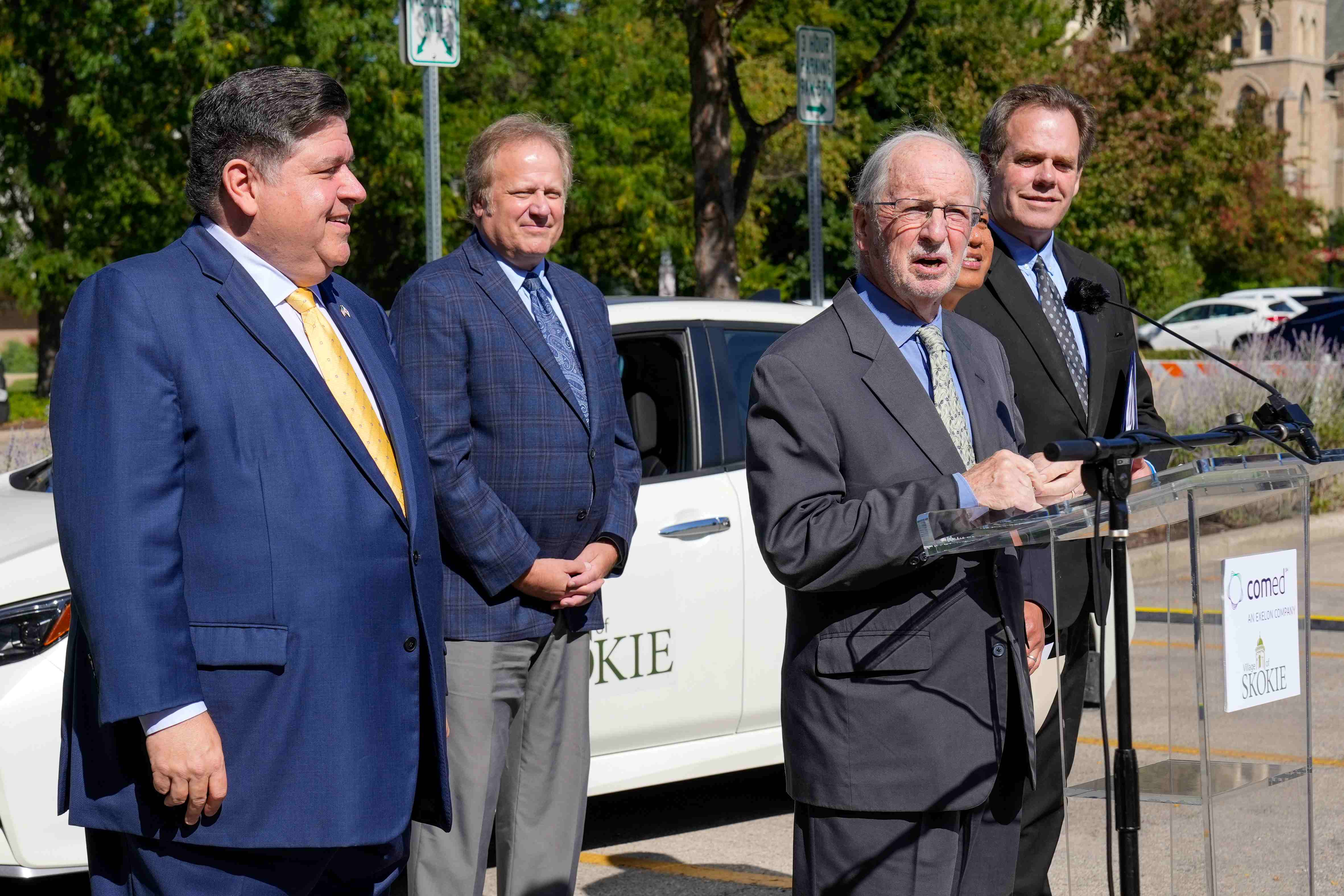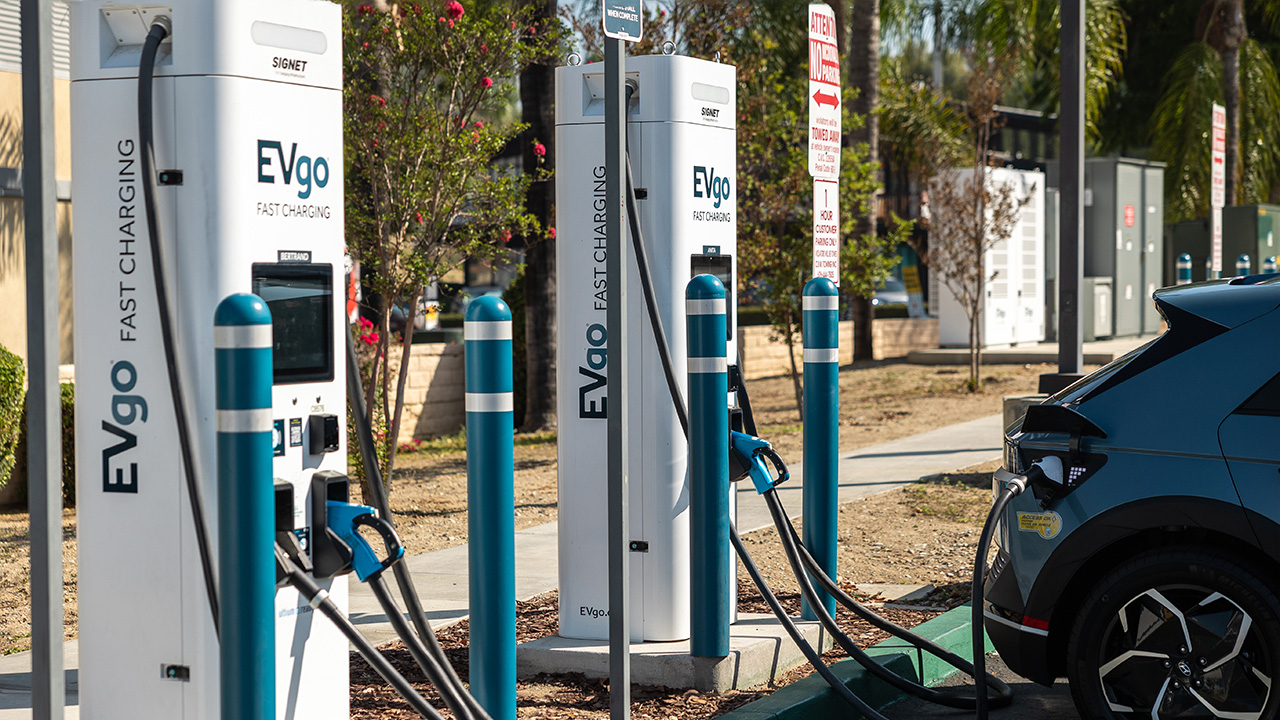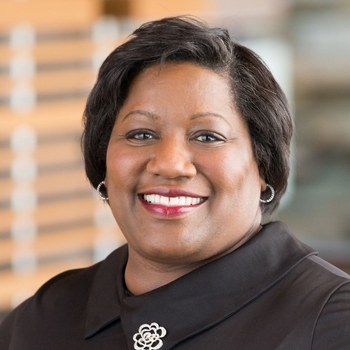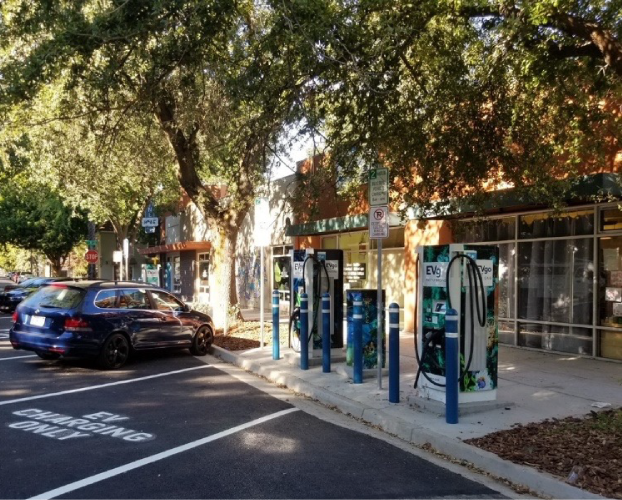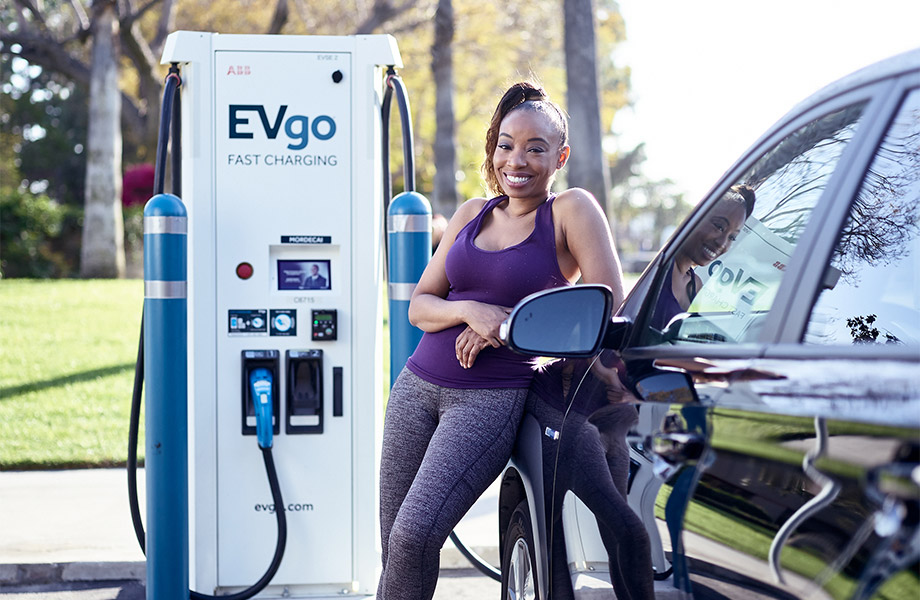
As part of ComEd’s US$231m investment in new customer programs geared toward removing barriers to electrification, ComEd announced a new EV Charging Delivery Rate option to incentivise the buildout of an expanded network of EV charging infrastructure to meet a growing need in the northern Illinois region.
Additionally, ComEd and the Metropolitan Mayors Caucus (MMC) announced the expansion of an exclusive program helping local governments shape plans for EV adoption. The EV Readiness program welcomes 15 new communities to work together to develop policies and programs to safely integrate EVs and EV charging programs in their communities.
Together, ComEd’s investments and partnerships will play a key role in addressing the impacts of climate change and enhancing air quality for all communities and advance the goals of the state’s Climate and Equitable Jobs Act (CEJA), which sets a goal of putting one million EVs on Illinois roads by 2030.
“ComEd is committed to helping more residential and business customers transition to zero emissions technologies needed to build a cleaner, more resilient future for all,” said ComEd CEO Gil C. Quiniones. “Working in collaboration with state, municipal and regional partners, ComEd is offering new programs to help remove barriers to going electric at home, on the road and at work – with a special focus on underserved communities that have been hit hardest by carbon emissions.”
To accelerate investment in charging infrastructure, ComEd is now offering an EV Charging Delivery Rate option. This option is available to all non-residential customers with EV charging and provides them with a cost-effective alternative to demand-based delivery rates.
“To date, ChargePoint has helped our customers in Illinois deploy thousands of public and private charging stations — and these new programs will allow us to expedite that work in the coming years,” said Matthew Deal, senior manager of regulatory policy, ChargePoint. “ComEd’s programs will lower the cost of operating EV charging stations while helping finance the actual deployment of this critical infrastructure.”
]
Additional customer programs to incentivise and accelerate the adoption of EVs and other electrified technologies will be rolled out in coming months as part of ComEd’s three-year, US$231m investment. These programs, which include new rebates, make-ready infrastructure support, and pilot studies, are designed to support a transition to cleaner technologies. They were informed by feedback gathered last year from hundreds of participants representing communities, health advocacy, industry, local business, school districts and other customer groups across the service region.
“Commercial EV rates and make-ready programs are both market accelerants for transportation electrification,” said Sara Rafalson, SVP of market development, public policy, and external affairs for EVgo. “Through the Beneficial Electrification Plan, ComEd has laid the foundation to rapidly grow third-party investments in public charging. We look forward to growing our fast-charging footprint in ComEd's service territory over the coming years to serve EV drivers across Chicagoland and Northern Illinois."
ComEd is a unit of Chicago-based Exelon Corporation, a Fortune 250 energy company with approximately 10 million electricity and natural gas customers, the largest number of customers in the US. The company powers the lives of more than four million customers across northern Illinois, or 70% of the state’s population.




